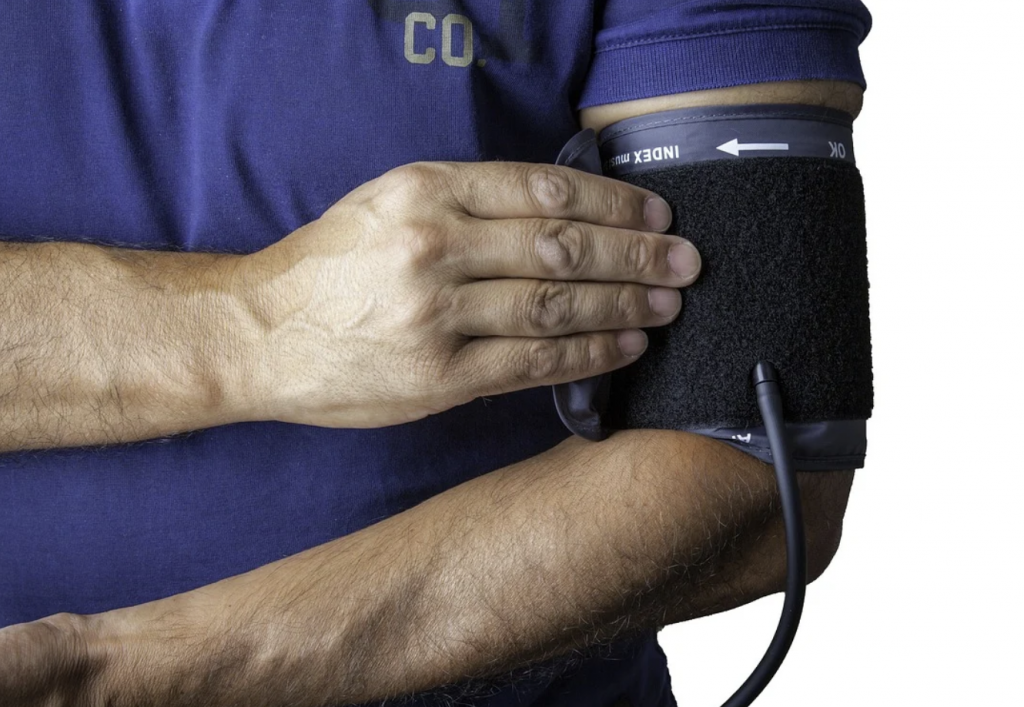Mayo Clinic Using Popular Apple Device To Save Lives?
A team at the Mayo Clinic has found a way to leverage a popular Apple device as a means to save countless lives.
This article is more than 2 years old

The Mayo Clinic is leveraging a core Apple product in an effort to save more lives. Since its initial release, Apple has put an intense focus on making its Apple Watch a device that can act as a partner in contributing to someone’s well-being and keeping them better abreast of their overall health. Mayo Clinic researchers have recognized this and now, iMore reported, that those researchers have engineered a way to use the technology inside the Apple Watch to detect if someone has a weak-pumping heart.
The team at the Mayo Clinic in Rochester, MN, led by Itzhak Zachi Attia, Ph.D, developed an AI program capable of reading ECG recordings sent from Apple watches and then using those ECG recordings to determine whether or not a person had a weak-pumping heart. There were approximately 420 participants involved in the 6-month-long study. The study ultimately revealed that the AI was able to detect the malady in question with a degree of accuracy equal to or better than that of a traditional treadmill-based stress test. Watch as Attia explains the technology behind the Mayo Clinic’s innovation below.
This revelation is a really big deal. Paul Friedman, M.D., who is chair of the Department of Cardiovascular Medicine at Mayo Clinic in Rochester, MN, noted that testing and monitoring via the Apple Watch has the potential to replace more costly methods of diagnosis like a CT scan or MRI. To date, health care in the United States still remains largely unaffordable for many. Even for those with insurance, state-of-the-art testing can cost thousands of dollars and that is an expense that many Americans just cannot afford to swallow. However, the Mayo Clinic’s findings suggest that Apple Watches have the potential to offer an accurate and much less expensive alternative to traditional testing. This means that more Americans will potentially have access to a way to better monitor their health, which in turn, can save lives.
For those suffering from a weak-pumping heart affliction, the Mayo Clinic’s breakthrough is especially important. This is because a weak heart pump, or what is clinically known as Left Ventricular Dysfunction, often presents without any symptoms at all. Those proactive in terms of keeping track of their health can use the Apple Watch’s ECG functionality and share that data with their doctor to potentially detect the silent problem.
Overall, the Mayo Clinic’s Apple Watch findings pave a promising path for the future of health care. The latest discovery pertaining to the Apple Watch’s accuracy in helping to identify Left Ventricular Dysfunction could very well mark the start of more innovations to come. Consider a world where individuals can accurately monitor their health via a device worn on their wrist. This not only enhances healthcare accessibility but can also do a lot to bolster preventative medicine. This, in turn, can help to pinpoint and diagnose treatable maladies in people before it’s too late or before a disease has progressed too far, hence serving to save many lives. Therein lies the innate value of technological innovation.





